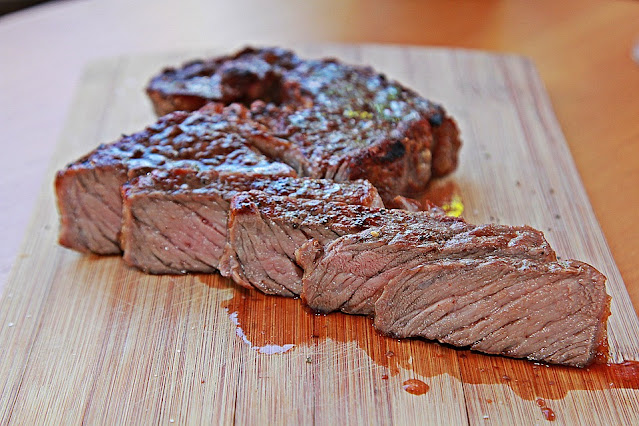- The Basics of Protein
- How Much Protein Do I Need?
- Protein-Rich Foods
- Protein Supplements
- Tips for Eating Enough Protein
The Basics of Protein
Protein is essential for building and maintaining healthy muscles, bones, and organs. It helps the body produce hormones, enzymes, and other substances that help keep us functioning. Eating the right amount of protein can help you stay fit and healthy.
The recommended daily allowance of protein for adults is 0.8 grams per kilogram of body weight. For a person weighing 70 kilograms, that’s 56 grams of protein per day. Athletes, pregnant women, and people with certain medical conditions may need more protein.
Good sources of protein include lean meats, fish, eggs, dairy, legumes, nuts, and seeds. Eating a variety of foods is important to ensure you get the full range of essential amino acids that your body needs.
How Much Protein Do I Need?
The amount of protein you need depends on your age, activity level, and health. Generally, adults should aim for 0.8 to 1.2 grams of protein per kilogram of body weight per day. For a person weighing 70 kilograms, that’s 56 to 84 grams of protein per day.
If you’re an athlete or have a physically active job, you may need more protein. People who are pregnant or breastfeeding may also need more protein. Talk to your doctor or a registered dietitian to determine how much protein you need.
It’s important to spread your protein intake throughout the day. Eating too much protein at once can cause your body to store the excess as fat. Aim to get 15 to 25 grams of protein at each meal, depending on your activity level.
Protein-Rich Foods
Protein-rich foods include lean meats, fish, eggs, dairy, legumes, nuts, and seeds. It’s important to eat a variety of these foods to get all the essential amino acids your body needs. Here are some examples of protein-rich foods:
- Lean meats: chicken, turkey, beef, pork, and lamb.
- Fish and seafood: salmon, tuna, shrimp, and cod.
- Dairy: yogurt, milk, and cheese.
- Legumes: lentils, peas, beans, and peanuts.
- Nuts and seeds: almonds, walnuts, sunflower seeds, and chia seeds.
- Eggs: whole eggs or egg whites.
You can also get protein from plant-based sources such as tofu, tempeh, and seitan. These foods are good sources of protein, but they don’t contain all of the essential amino acids that your body needs.
Protein Supplements
Protein supplements such as whey, casein, and plant-based proteins can be a convenient way to get extra protein. However, it’s important to remember that whole foods are the best source of protein. Supplements should not replace whole foods in your diet.
If you do choose to use protein supplements, look for ones that are low in sugar, fat, and other additives. Talk to your doctor or a registered dietitian to determine which type of protein supplement is best for you.
It’s also important to remember that you don’t need to get all of your protein from food. Your body can make some of the essential amino acids it needs, so you don’t need to get them all from food.
Tips for Eating Enough Protein
Getting enough protein can be challenging, especially if you’re vegetarian or vegan. Here are some tips to help you get the protein you need:
- Include a source of protein in every meal and snack.
- Eat a variety of protein-rich foods.
- Choose lean meats, fish, and poultry.
- Eat eggs, dairy, legumes, nuts, and seeds.
- Try plant-based proteins such as tofu, tempeh, and seitan.
- Use protein supplements if needed.
Eating enough protein is important for staying healthy and fit. By following these tips, you can make sure you’re getting the protein you need.
Protein is an essential nutrient that helps the body produce hormones, enzymes, and other substances. Eating the right amount of protein can help you stay fit and healthy. The recommended daily allowance of protein for adults is 0.8 grams per kilogram of body weight.
Good sources of protein include lean meats, fish, eggs, dairy, legumes, nuts, and seeds. Protein supplements can be a convenient way to get extra protein, but they should not replace whole foods in your diet. Eating a variety of protein-rich foods is the best way to get all the essential amino acids your body needs.
By following these tips, you can make sure you’re getting enough protein in your diet to stay healthy and fit.

